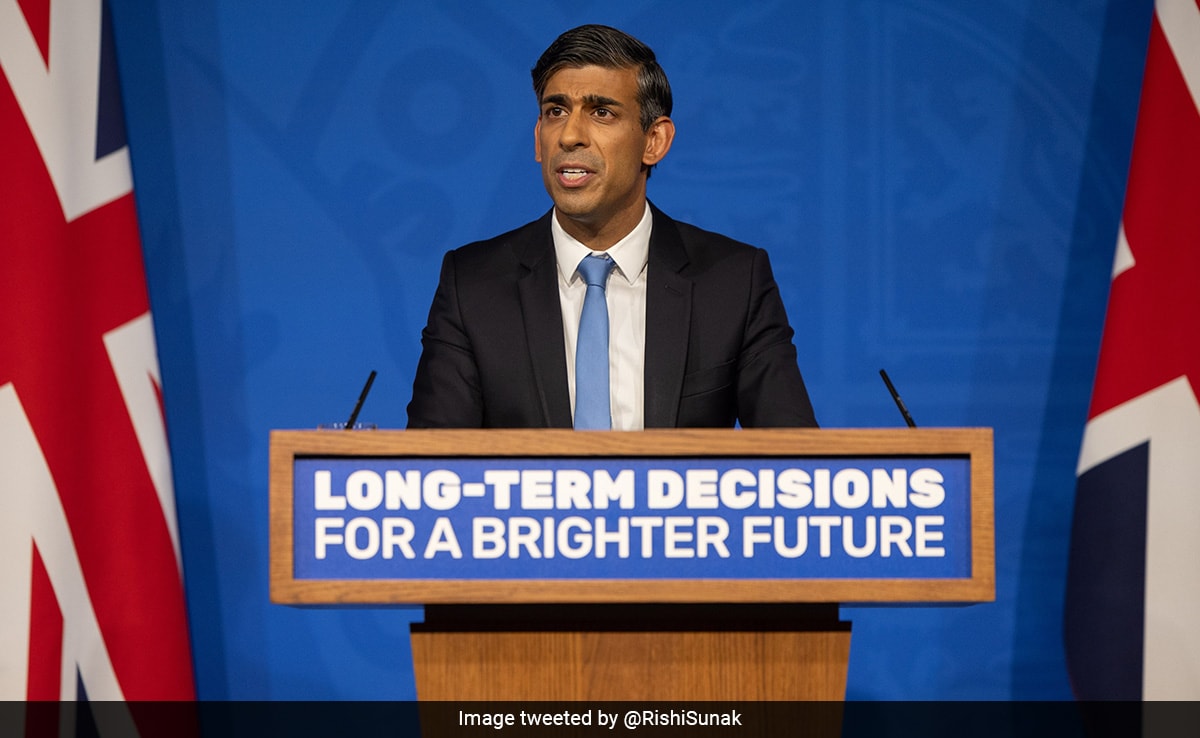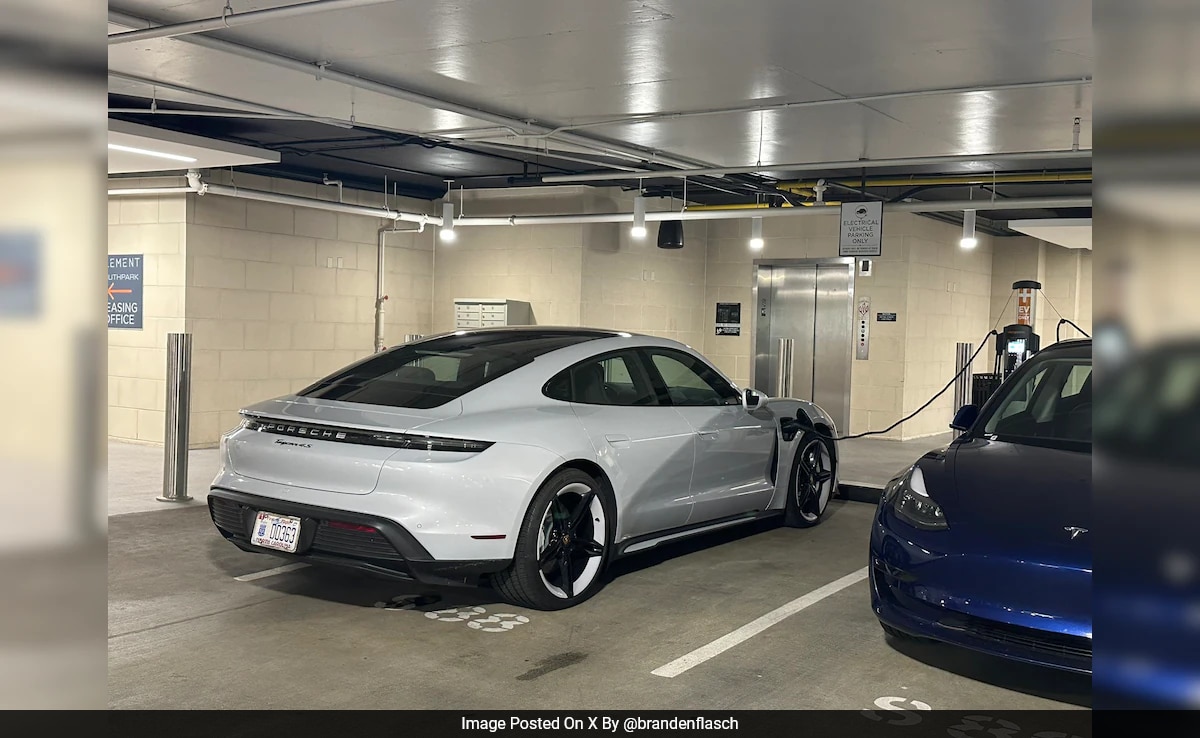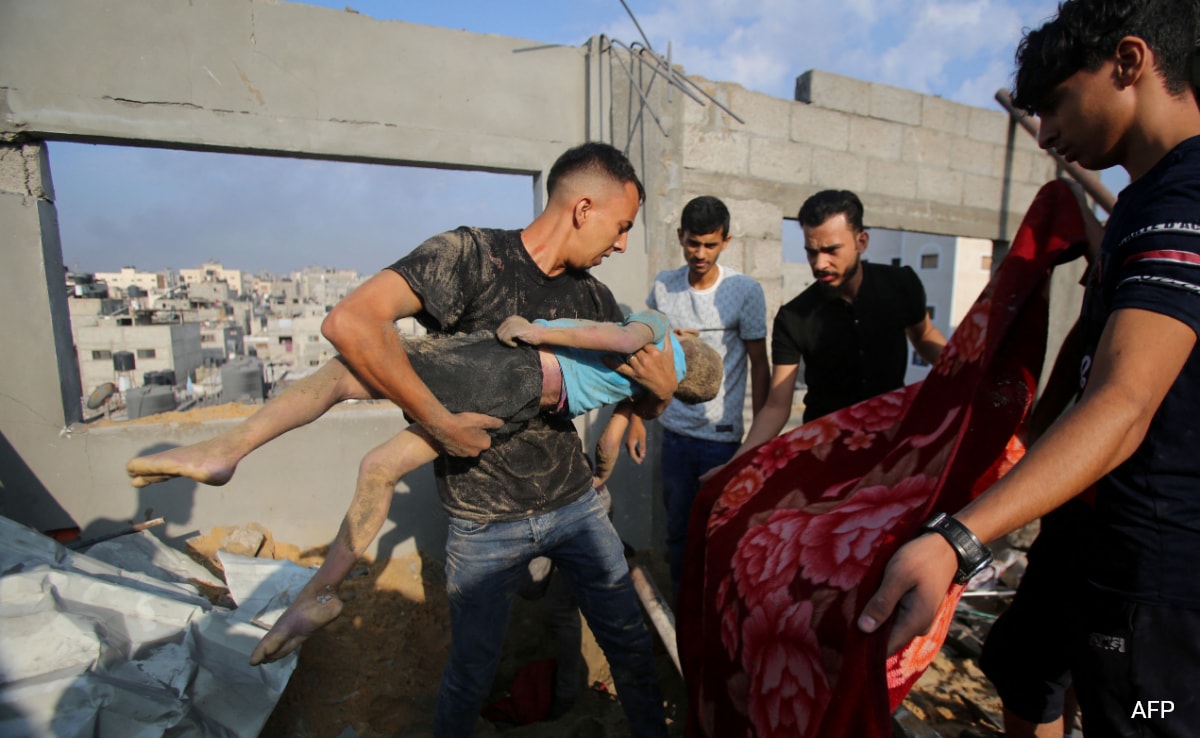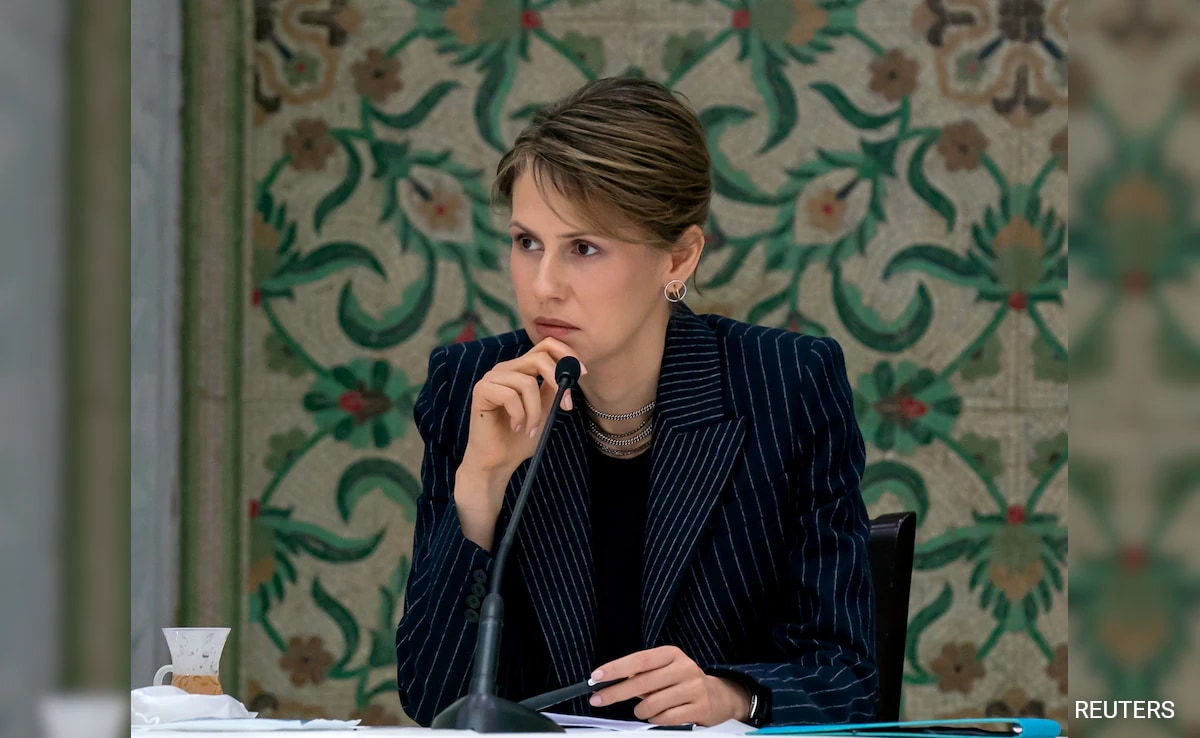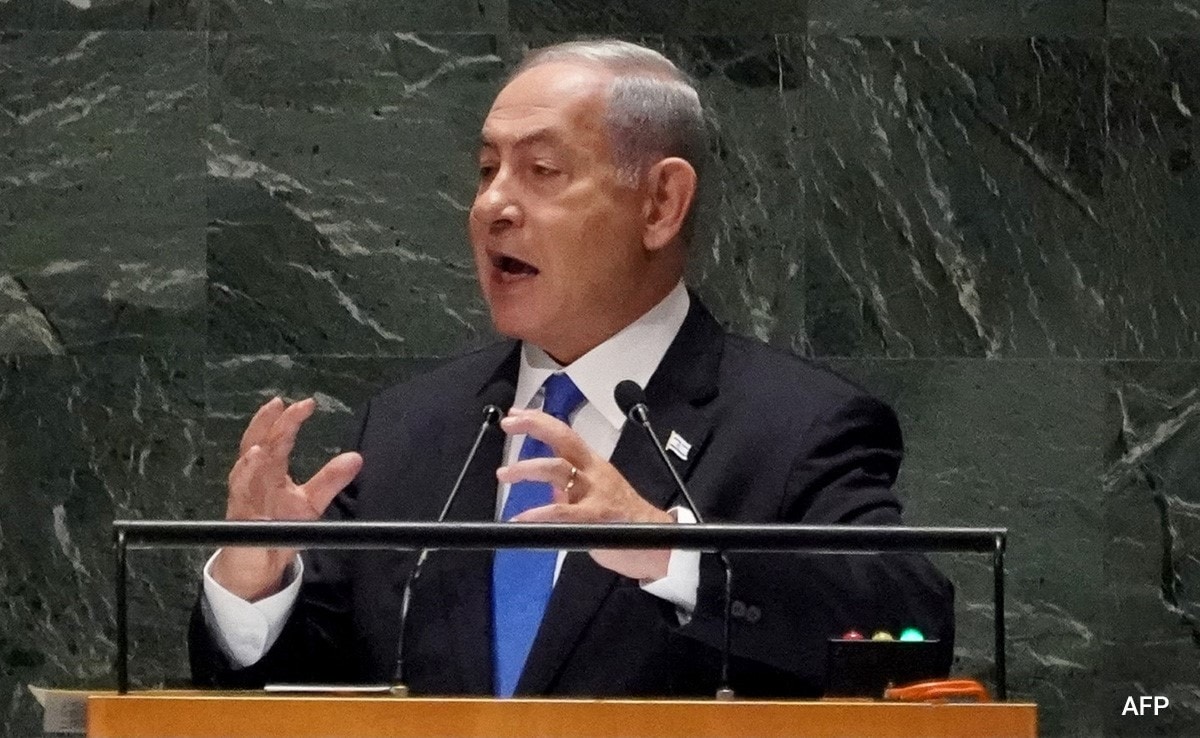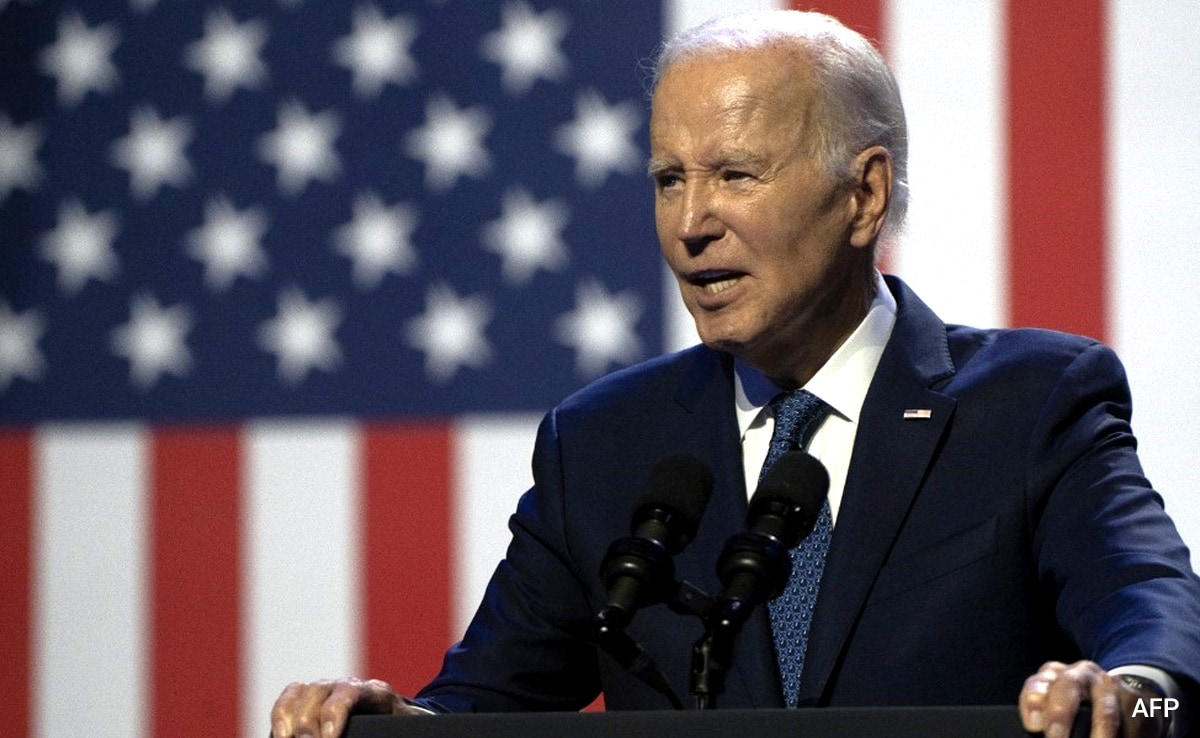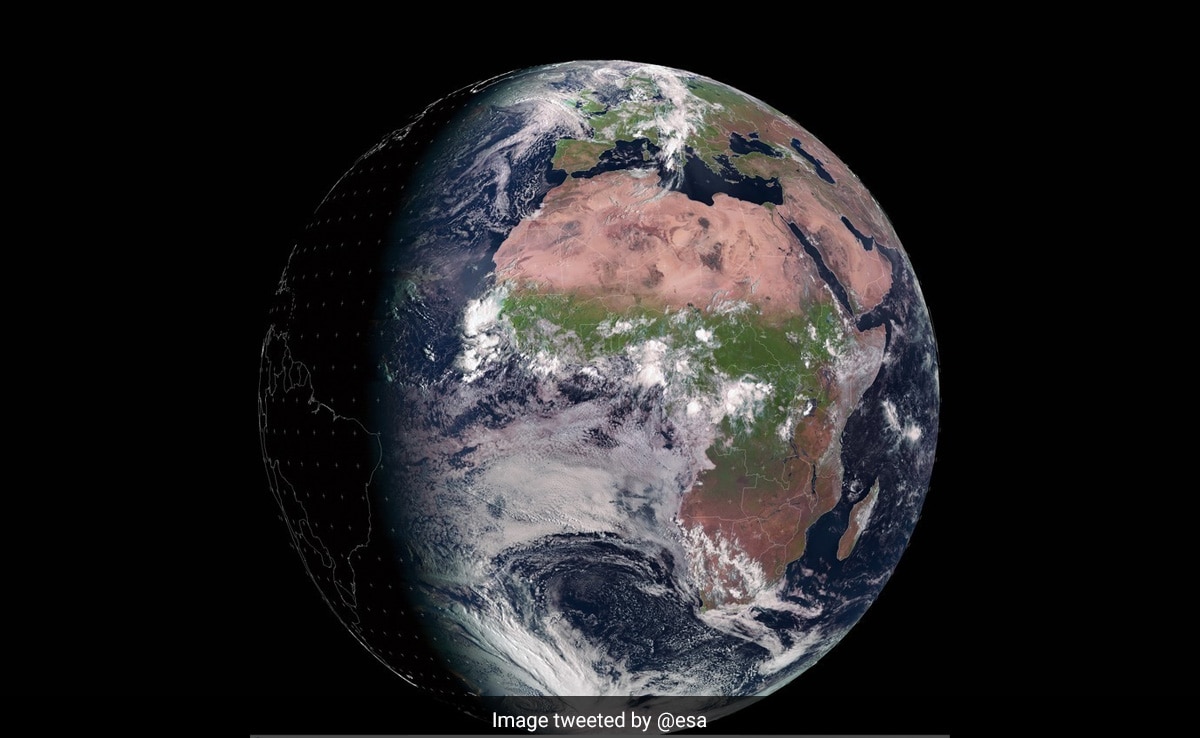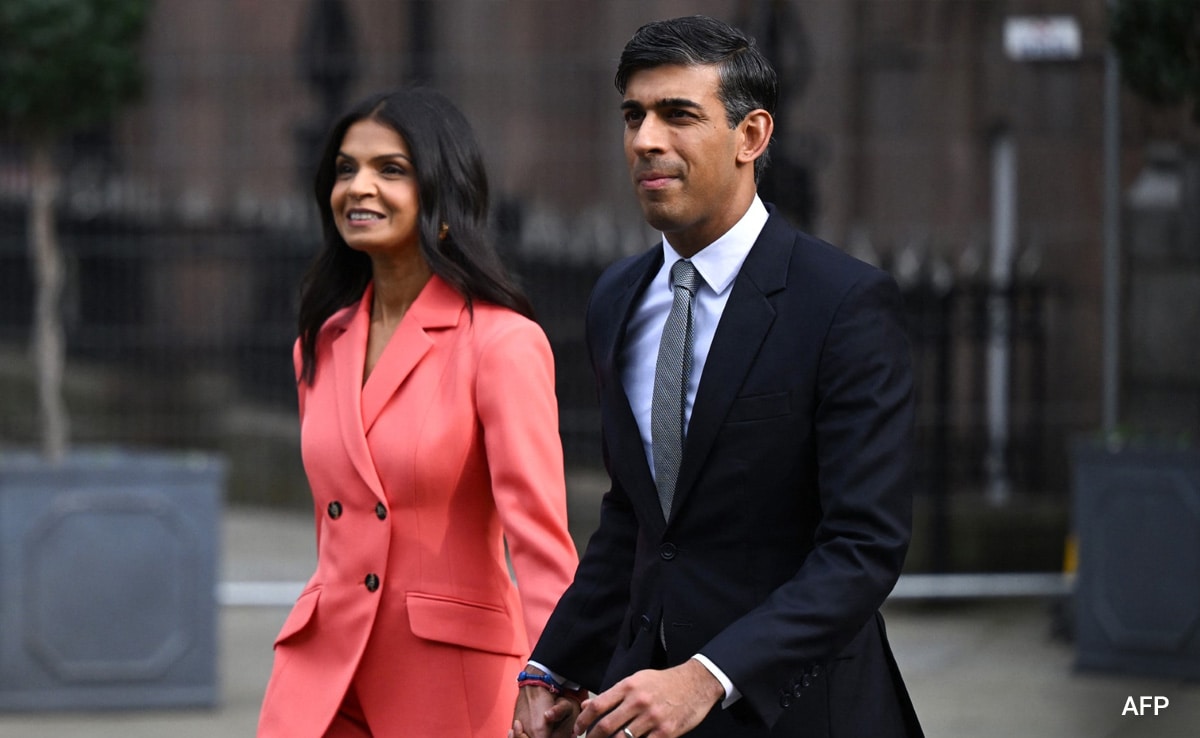U.S. President Joe Biden (left) with Prime Minister Narendra Modi. File
| Photo Credit: AP
The “health of democracy” is an important issue for the India-U.S. relationship, said senior U.S. White House officials, adding that U.S. President Joe Biden raised these issues in every meeting he has held with Prime Minister Narendra Modi. Briefing the media after the bilateral meeting on Friday night (September 8) between PM Modi and President Biden, the officials made a reference to the Karnataka State elections, calling Mr. Modi’s public congratulations to the Congress party for its victory in the State, which the ruling BJP lost in May, a “positive indicator” for democracy.
They said India is “disappointed” that Russian President Vladimir Putin and Chinese President Xi Jinping did not attend the G20 summit, said senior U.S. White House officials, adding that there was “clear appreciation” that U.S. President Joe Biden travelled to India for it.
On chances for a joint declaration being forged at the end of the G20 summit, the officials said there had been some forward movement, particularly on climate issues in the draft communique, but that the U.S. would remain “purposeful determined and resolute” on the language over Ukraine. As The Hindu had reported on September 8, officials and diplomats said the language on all non-geopolitical issues had been cleared, but Ukraine remains a sticking point with the U.S. and allies ranged on one side and Russia and China on the other.
“There was a clear appreciation on the part of India that President Biden is here, and that he made the trip,” said Kurt Campbell, the National Security Council’s Coordinator for the Indo-Pacific, adding that “I think it is a disappointment for India that both Russia and China (Presidents) are not here”.
Highlighting the India-U.S.-Saudi Arabia-India infrastructure corridor which now includes the European Union, that is expected to be announced, Mr. Campbell said that talks are still ongoing with all the parties present in Delhi, and this would be a “major breakthrough that would help fundamental delays with respect to infrastructure and communications, from India with the Middle East (West Asia) and then on to Europe.
Worldview with Suhasini Haidar | PM Modi in US | A major leap forward for India-US ties?
The officials also faced several questions from the U.S. White House Press Corps members on the lack of access for journalists in the press pool to the bilateral meeting and the main G20 venue. Mr. Campbell said that this had been raised with India, and stressed that despite India’s objections, the U.S. had held a press interaction with PM Modi and President Biden during the state visit in Washington in June.
“I do want to just underscore for you that in every meeting that I’ve been in, the President is very clear about the importance of the health of democracy. He doesn’t do this in such a way that suggests that one country is lecturing to another but rather that we all face shared challenges, and we think it’s important that we’re constantly asking the hard questions about our democracy.” When pressed on whether U.S. concerns over India have led to any “change” in the Modi government, Rear Admiral Eileen Laubacher, the NSC Senior Director for South Asia, pointing to recent Karnataka elections, said that Mr. Modi had congratulated the Congress party on the results, although she said the U.S. would not like to ascribe this to its influence.

